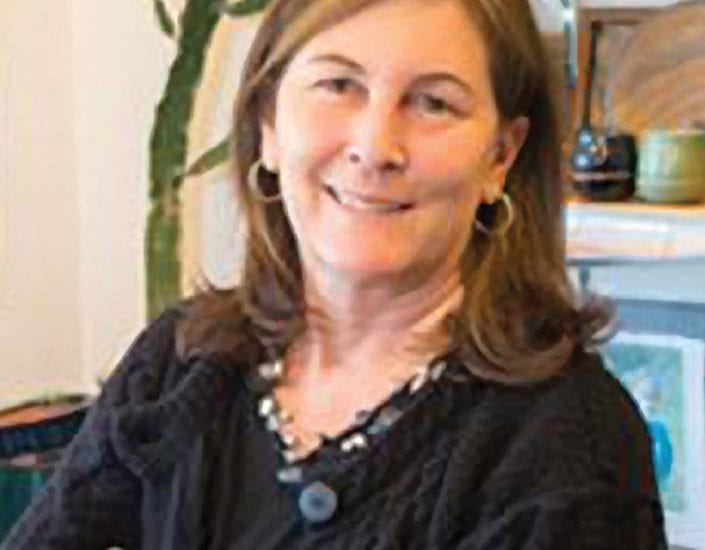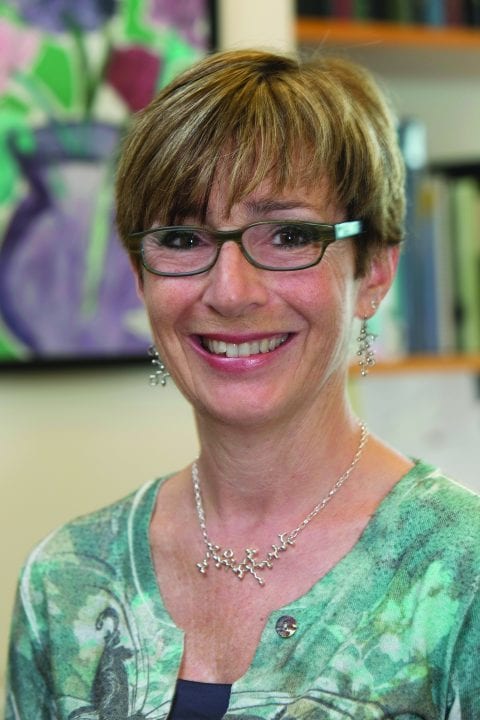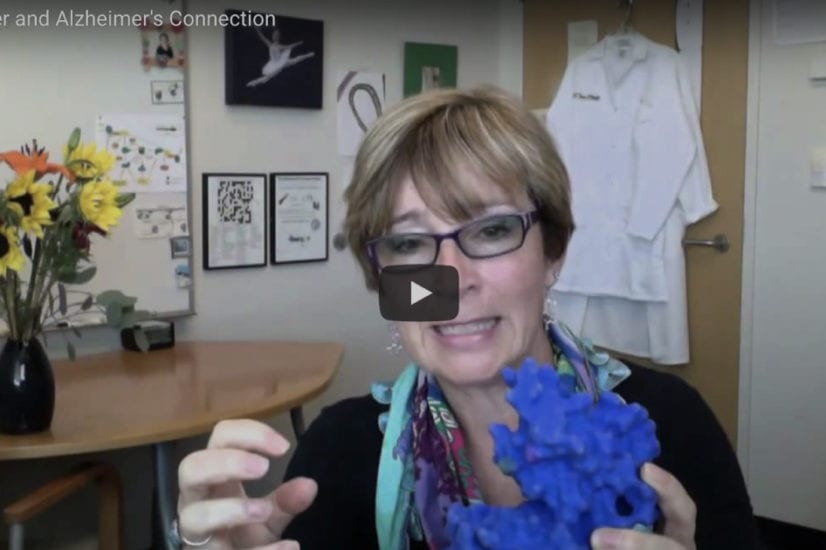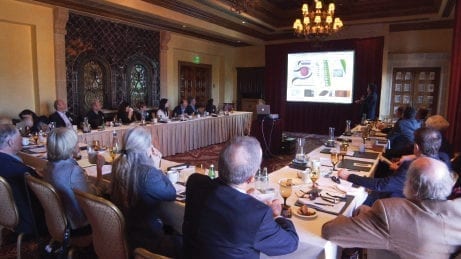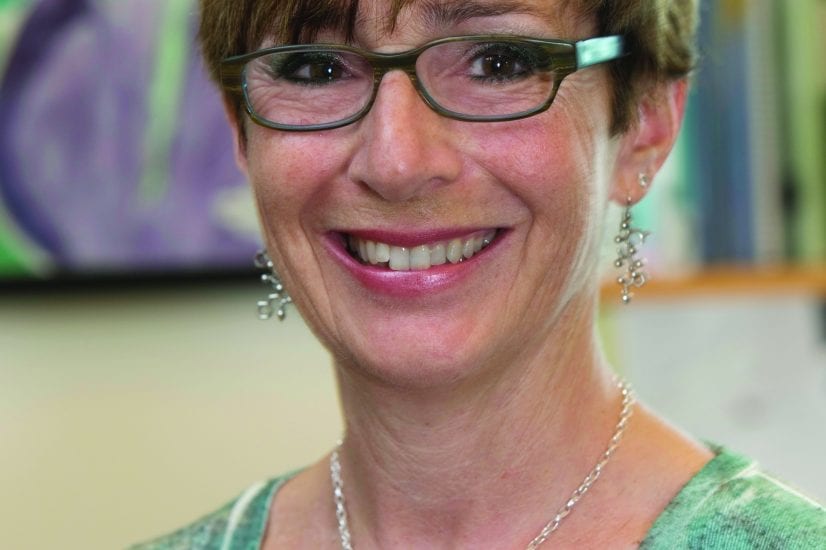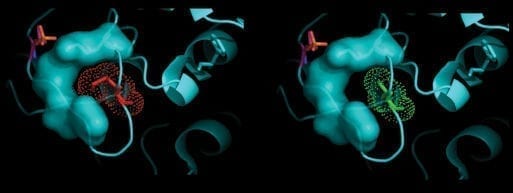By the time she was 17, Alexandra Newton had lived in seven different countries and had mastered four different languages. But her family was not surprised when she chose to pursue a career in biochemistry instead of language arts.
Newton had always had an intense curiosity about nature that has fueled her life-long passion for science. As a child she caught chameleons in Cape Town and butterflies on Corfu, and she collected rocks in the Sahara desert. Still, she didn’t know that one day she would end up making some life-changing scientific discoveries in her very own lab.
Alexandra Newton was born in Cape Town, South Africa to an English father and a Cypriot Greek mother. Her father was a professor of classics at the University of Cape Town, and her mother was a stay-at-home mom who watched over her and her younger brother.
In 1965, when Newton was 7 years old, she and her family moved to Vancouver, Canada. Her father was one of the founding faculty members of Simon Fraser University and a self-taught linguistics professor who specialized in the phonology of Greek dialects. Every two years, the family would travel to Greece so her father could do field work. Before Newton graduated from high school, she had lived in South Africa, England, France, Greece, Germany, Cyprus and Canada and had learned to speak French, German and English along with her native tongue, Greek.
Despite her aptitude for the arts, science had always been her true passion. “I was a data fanatic from a young age,” admits Newton, who refers to herself as a “total nerd” and even has earrings with amino acids of her favorite sequences. She kept hand-sewn lab notebooks, looked at pond water with her toy microscope, and even dissected frogs as a kid. Her first experiment at age 8 was an attempt to prove or disprove her parents’ claim about the tooth-decaying qualities of Coca-Cola. Instead of putting her baby tooth under her pillow for the tooth fairy, she measured her tooth’s diameter with a piece of string and dunked it in Coca-Cola to see for herself whether or not the soda would really decay her tooth. After several days of recording tooth diameter, she was disappointed to realize that her parents had been right. Newton never drank soft drinks again.
In her youth she spent many idyllic summers on the Greek Islands, snorkeling in the Mediterranean, even catching octopuses with her bare hands. In fact, when she grew up and attended Simon Fraser University, she thought she wanted to be a marine biologist. But in her first semester there, she fell in love with chemistry. When she began learning about amino acids, she narrowed her field to biochemistry and double-majored in French literature. After college, Newton earned a Ph.D. in chemistry from Stanford University.
Newton did her postdoctoral work at the University of California, Berkeley in the lab of renowned biochemist Dan Koshland, whose goal at the time was to better understand memory. Protein kinase C (PKC)—a critical enzyme that runs through our bodies and keeps our signaling pathways in check—had recently been discovered, and Koshland believed it to be a memory molecule, since it was abundant in the brain and made imprints on other proteins. Since then, Dr. Newton has studied PKC to understand its molecular mechanisms and how it goes wrong in diseases. Over the years she ultimately learned that PKC has to be exactly balanced in the body to be beneficial. “If your body has too much of it, it causes cells to die and leads to degenerative diseases such as Alzheimer’s. If you don’t have enough, it causes cancer,” she says. In fact, Dr. Newton is so passionate about PKC she actually has had it displayed on her license plate for the past 20 years.
Personal life
Dr. Newton grew up playing the piano and practicing ballet, both of which she’s continued for her entire life. Chopin is her favorite composer, and she still dances ballet three times a week to “keep myself sane.” She has two children, an 18-year-old daughter who is a trainee at Miami City Ballet, and a 16-year-old son whose passion is to one day engineer racecars. To find out more about Alexandra Newton’s work, tune into our next AlzstreamTM webinar in May.
